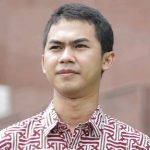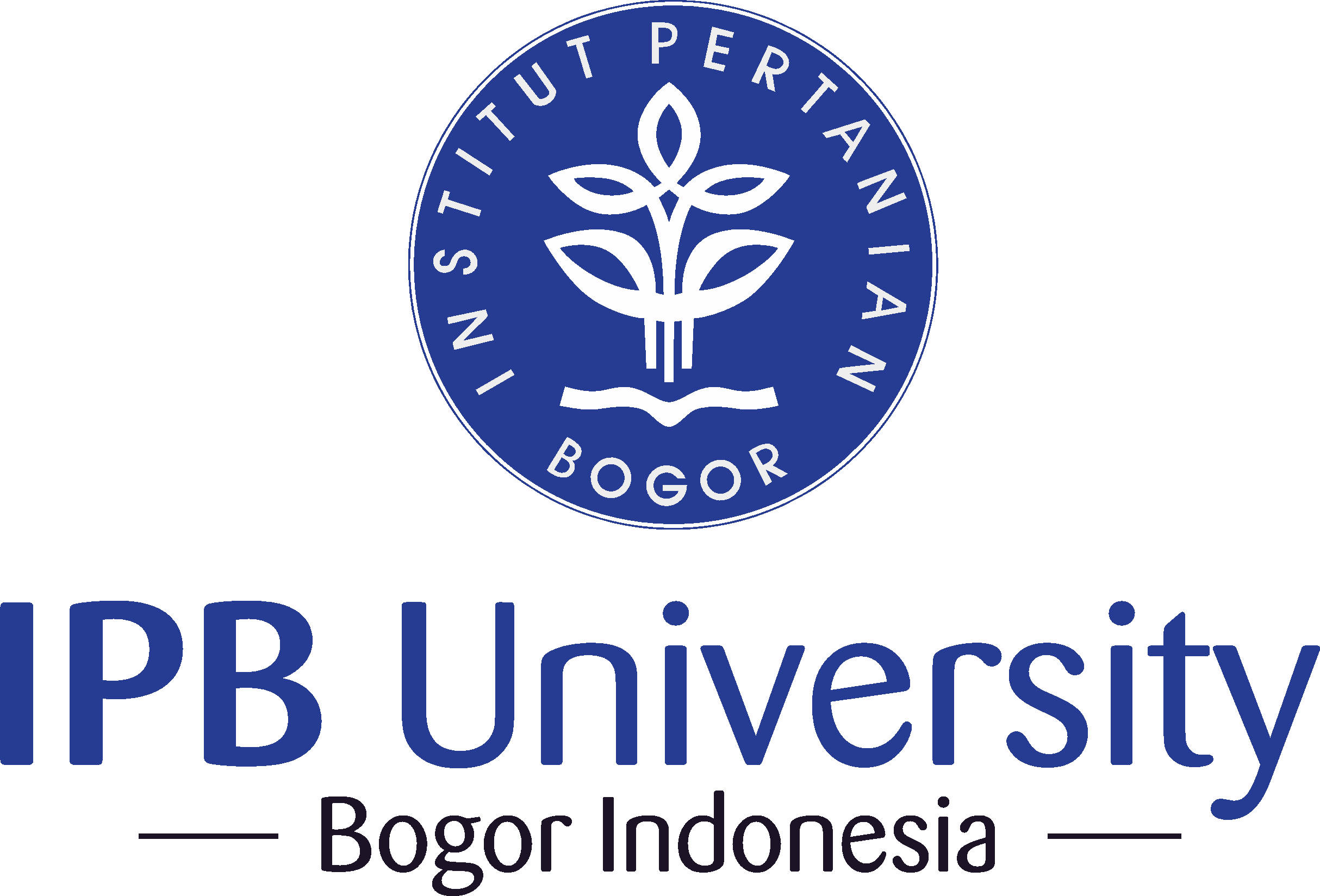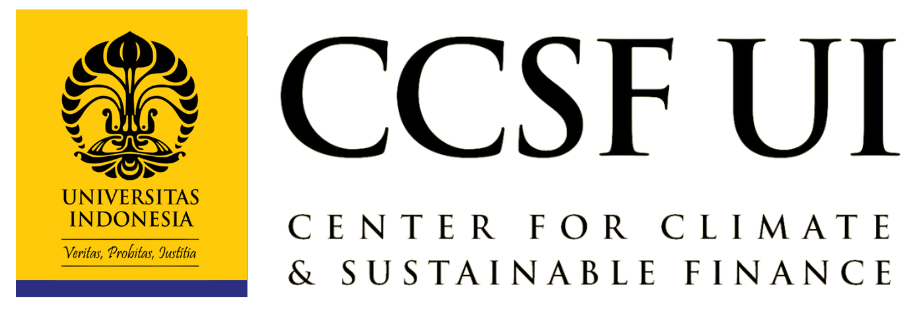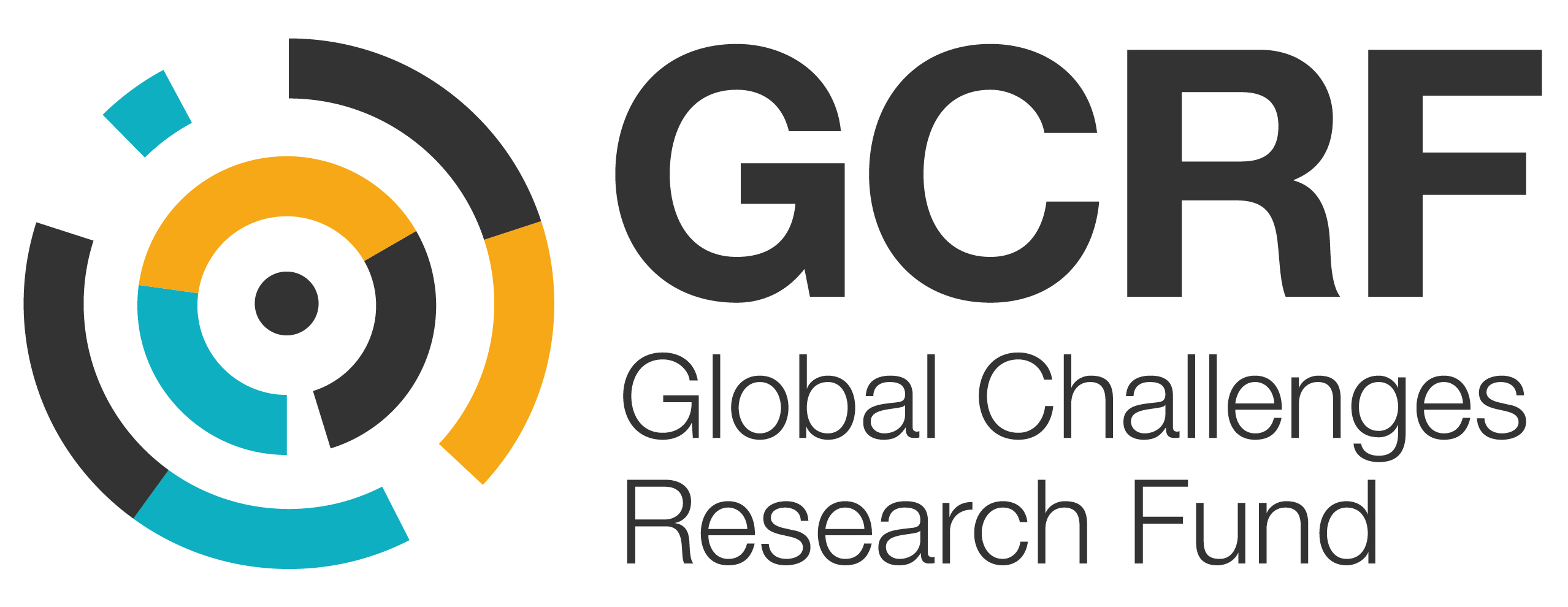Background
The Center for International Forestry Research (CIFOR) has been conducting research on various aspects of sustainable palm oil trade in Indonesia. Part of research involves developing a value chain dynamic approach to simulate the impacts of various global sustainable palm oil trade scenarios in Indonesia with the aim of contributing to addressing the intractable challenge of establishing sustainable palm oil trade that provides benefits for forests and economic benefits for people.
One CIFOR case study explores potential impacts of the EU Deforestation-free Regulation (EUDR), which was passed in December 2022 and will come into force in 2024. The EUDR, which prohibits commodities produced on land subject to deforestation after 2020 from entering EU markets, underpins existing EU climate commitment and green consumption policies (EU 2022). Our findings show that EUDR implementation has the potential to create economic losses for Indonesia’s oil palm sector, especially in the short term, but also to create positive impacts for avoiding deforestation at the landscape level (Purnomo et al. 2022).
In December 2022, CIFOR conducted a national roundtable discussion to identify the perspectives of key Indonesian stakeholders on potential challenges posed by the EUDR, as well as pathways for addressing and adapting to the new policy. Key takeaways from the discussion were the need to recognize and integrate existing national efforts to halt deforestation and improve sustainable palm oil, which were seen as plausible pathways and win-win solutions for the EU and for Indonesia in achieving its main climate change mitigation strategy, FOLU Net Sink 2030.
The research develops under the Trade, Development and the Environment Hub (TRADE Hub) – a global research consortium led by the UN Environment Programme World Conservation Monitoring Centre (UNEP WCMC) and supported by the UK Research and Innovation Global Challenges Research Fund (UKRI GCRF).
Objectives and outputs
- Discuss potential pathways by identifying action tracks for sustainable palm oil trade and climate change mitigation, and their achievement by relevant palm oil actors in Indonesia;
- Discuss implementation gaps for each action track, as well as potential integrated action to address any such gaps;
- Discuss challenges and formulate ways forward for integrated action tracks and pathways for sustainable palm oil trade and contributing to climate change mitigation efforts in Indonesia.
Expected output is a draft roadmap that reflects the pathways and integrated action tracks for sustainable palm oil trade in Indonesia discussed during the workshop.
Agenda
The event will begin with opening remarks and keynote speeches before commencing with high-level discussion sessions. The main language will be English, but with some bahasa Indonesia. Interpretation services will be provided.
For further information
Salwa Nadhira
Research assistant, CIFOR-ICRAF
Email: s.nadhira@cifor-icraf.org



























